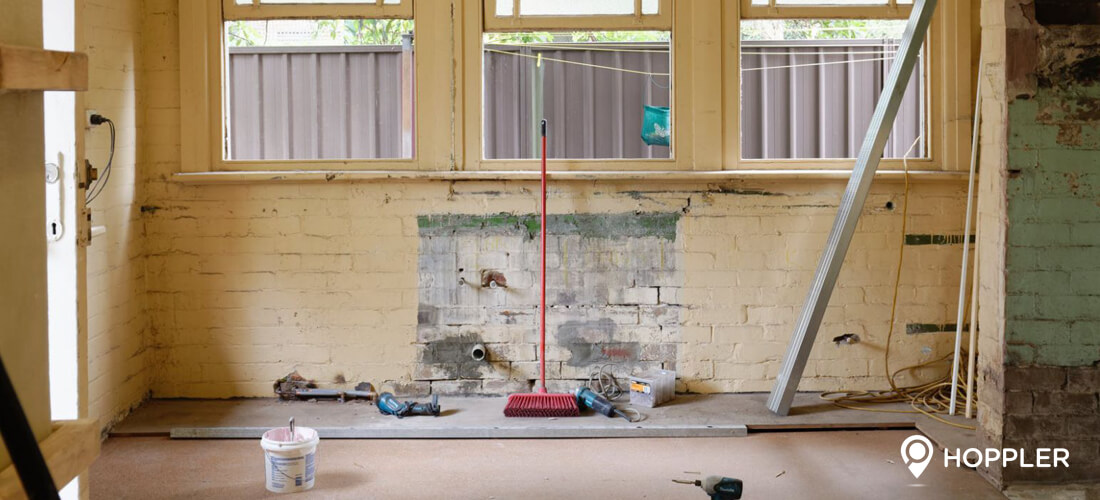4 Ways to Comfortably Afford a Real Estate Property
If you are shopping for your dream home or bargain hunting for an investment, you need to be smart and know how much you can really afford to avoid being disapproved for a bank loan or home financing. When seriously considering buying a home or property, fight the urge to just grab the one you think is meant for you. Before you go off to another real estate “tripping” promised by a real estate agent, let’s examine your budget and see how much you can really afford.
-
Ready cash for equity or down payment
Real estate is booming as more and more are finding it affordable to start paying for their dream homes easily. No cash full payment from your savings? This is not anymore a hindrance to owning a home. A lot of condo developers in the major cities, during the pre-selling stage, make their real estate projects more attractive with reduced down payments. This can range from 5 to 10% of the total price. However, it is by far more common to see down payments of 20%.
You can find down payments are now payable in 24 to 40 months without interest, or completed on turn over date, depending on which one should occur earlier. But this is only half the picture, as such, you need to know your maximum mortgage amount to have a good idea of the most you can spend on a house. Prospective buyers deal with the remaining 80% balance of the property by raising funds from a loan from a bank, PAG-IBIG or via an in-house financing scheme.
-
How much money will they lend you?
When raising capital through a loan or is known as mortgage, you need to be realistic and gauge your capacity to pay. Whether your mortgage is through a bank, PAG IBIG or other fund providers, you need to know how they will assess you. How much money will they lend you? Will your loan application be approved? Will you qualify for a bank loan?
A lot of banks consider determining how much they will lend a borrower by their monthly mortgage payment. This is a figure that should not exceed 28% to 35% of your gross monthly income. For example, if you and your spouse have a combined monthly income of Php 140,000, your mortgage payment should not exceed php 42,000 at 30%.
-
100% loan approval
Another route is by raising funds is via the property owners. Developers nowadays have not only eased entry requirements to get more and more people to buy from them, they have also sweetened the deal with more flexible payment terms, and a 100% approval.
But don’t just jump right in. Buyers who opt to use these developers’ in-house financing services ought to know that they face more costs. While the capital can be raised with less stringent evaluation, these in-house financing services usually cost higher as the interest rates are higher. It is apparent there is no free lunch in the real estate industry. You pay for the convenience of less paper work and reduced processing time.
-
Credit history
Most financial advisers would advise that if you already qualify for a real estate or housing loan from your bank, it is but a smarter choice to take the bank loan. Their reasoning is that with the bank loan, it is seen as an opportunity of building your credit record with the bank. As your bank credit improves, you will have a better chance in the future to take another loan and build your credit history.
If you have other debts like a car loan or credit card payments, your mortgage payments should not exceed 40% of your gross monthly income. In many cases, banks will not approve a mortgage until you eliminate or lessen some or all other debts. In the future your good credit standing you will make you eligible to further use more money from banks, for either investment or a second house.
All these considerations are not meant to scare you off into making that dream house come true, but instead arm you with more information for better choices.



